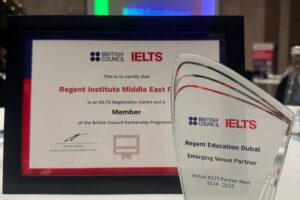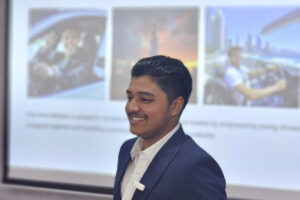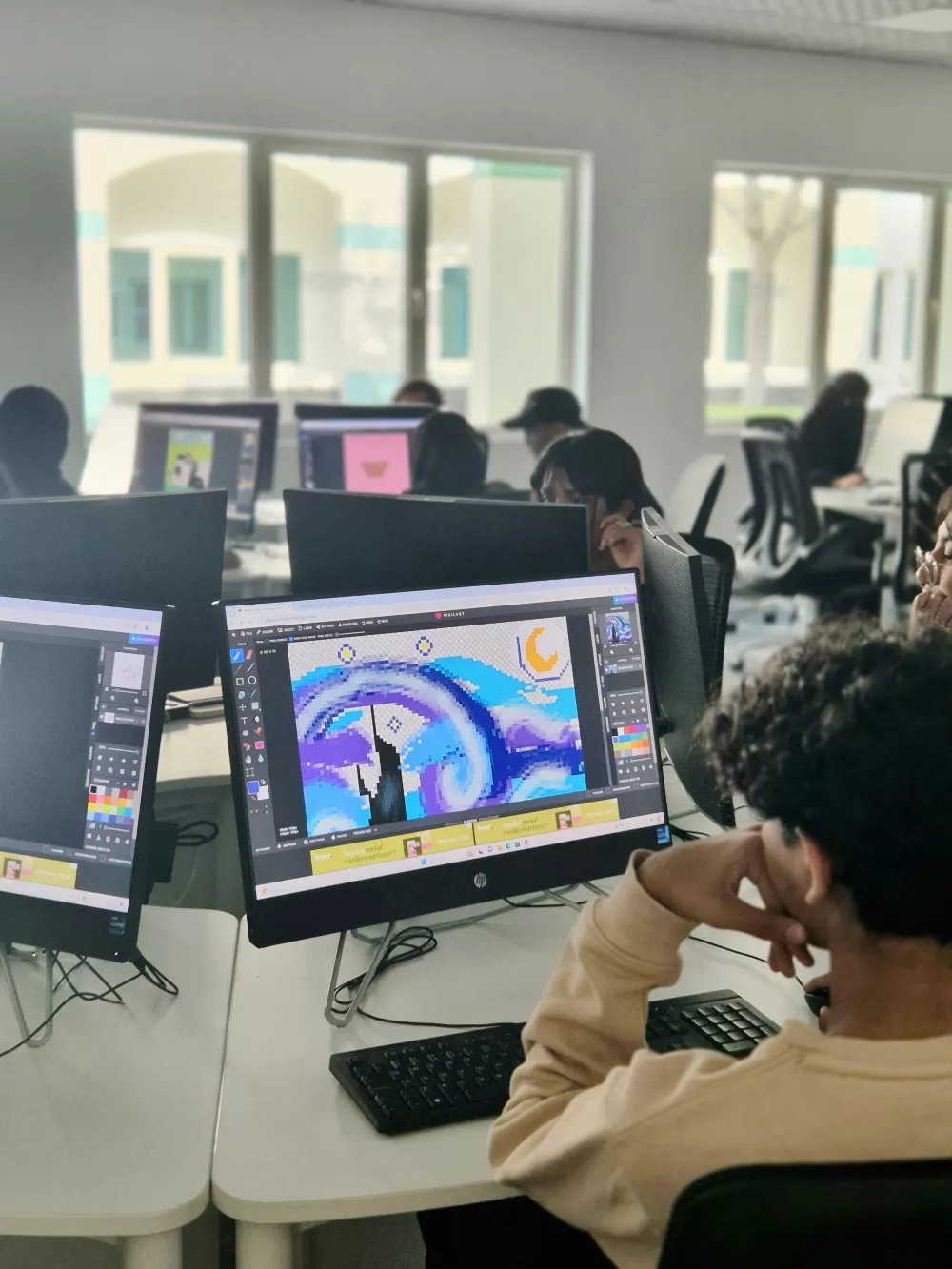
Skill-Based vs Traditional Learning: What’s Better for Your Child in 2025?
- Posted by Regent Institute Middle East
- Categories News
- Date May 6, 2025
Education has never been more important than it is today—but not in the way we once imagined. In 2025, with artificial intelligence, automation, and global competition reshaping industries, the core question parents are asking is no longer “Should my child go to university?” but “Will my child be ready for the real world?”
This shift has sparked a serious conversation around skill-based learning vs traditional education. For decades, traditional schooling was the automatic path to success. However, as job markets demand adaptability, creativity, and hands-on experience, many parents are rethinking what kind of learning will truly benefit their child’s future.
Let’s explore both approaches—and why skill-based learning is quickly gaining ground as the more practical, future-proof option in today’s world.
Traditional Education: Still Relevant, But Limited
Traditional education has deep roots. It’s structured, accredited, and often seen as a social and academic milestone. Children attend school for over a decade, then transition to college or university to pursue higher education in chosen fields like engineering, law, or medicine.
Benefits of Traditional Education:
- Structured learning across various disciplines
- Recognised degrees for regulated professions
- Emphasis on academic discipline and theoretical grounding
- Exposure to a broader worldview through literature, history, and science
This approach still plays an important role—especially for careers that require deep academic training and certification. In fields like medicine, accounting, architecture, or law, a traditional degree is essential.
However, this model also shows signs of strain.
The Gaps in Traditional Learning
Traditional education has its downsides, particularly when it comes to preparing students for real-world challenges. The global workforce is evolving faster than university curricula can keep up. Students may graduate with impressive degrees but still lack the job-ready skills employers seek.
A few common issues:
- Outdated syllabi that don’t reflect current industry needs
- Lack of soft skills like teamwork, leadership, and problem-solving
- Minimal exposure to hands-on tools, technologies, or projects
- Delayed entry into the job market, often taking 3–5 years to complete a degree
Graduates often find themselves needing additional vocational training or internships to bridge the gap between education and employment.
Skill-Based Learning: Learning That Works
Skill-based education is focused on the “how” rather than the “what.” It is practical, agile, and designed to meet today’s fast-changing job demands. Instead of memorising textbooks, students are building projects, using real tools, and solving real problems—right from the start.
What is Skill-Based Learning?
Skill-based learning involves:
- Project-based assessments instead of rote exams
- Industry-expert-led classes
- Real-time simulations and tool usage
- Internship experiences integrated into the programme
- Flexible curriculum that evolves with the market
This method is ideal for students who want to become work-ready in 1–2 years, especially in fields such as:
- Technology (coding, cyber security, AI, UI/UX)
- Business & Marketing (digital marketing, entrepreneurship, finance)
- Hospitality & Tourism
- Media & Design (animation, film, graphic design)
Benefits of Skill-Based Learning:
- Faster Career Start: Students can complete a diploma or certification in 12–24 months and begin earning earlier.
- Industry Relevance: Programmes are updated frequently to reflect current trends and job roles.
- More Affordable: Shorter programmes mean reduced tuition costs and living expenses.
- Pathway to University: Many diplomas offer progression to international degrees for those who want further studies.
- Hands-On Experience: Students graduate with portfolios and practical exposure, not just theory.
Why Dubai is Leading the Skill-Based Education Shift
Dubai has become a hotspot for international students, and much of this is due to its proactive shift toward practical, industry-focused education. With its multicultural environment and strong ties to business, tech, hospitality, and innovation sectors, Dubai offers a unique blend of education and experience.
Here’s why parents and students are choosing Dubai:
- Internationally recognised diplomas through institutions like Regent Middle East
- Courses focused on AI, digital technologies, cyber security, hospitality, and more
- Internship support and direct links to local and global employers
- Access to pathway programmes that allow seamless transfer to UK, Canada, or Europe
Dubai colleges have partnered with leading bodies like Pearson BTEC to ensure that qualifications are not just recognised globally but are also deeply practical in nature.
Skill-Based vs Traditional: A Side-by-Side Comparison
Aspect | Traditional Education | Skill-Based Learning |
Duration | 3–5 years | 1–2 years |
Learning Approach | Theoretical, exam-based | Practical, hands-on, project-based |
Flexibility | Low | High |
Cost | Higher tuition and living cost | More affordable |
Industry Relevance | Often outdated | Continuously updated |
Job Readiness | Requires further training | Ready to work after graduation |
Career Progression | Long-term degree-based | Fast-track with career growth |
Suitable For | Regulated careers (doctor/law) | Creative, tech, business fields |
Real-World Relevance in 2025 and Beyond
In 2025, employers care more about what you can do than just what you studied. A student with a portfolio of real-world projects is often more employable than one with a high GPA but no experience.
Top skills employers demand today:
- Communication & collaboration
- Critical thinking & problem-solving
- Technology literacy
- Creativity & adaptability
- Digital marketing and data analytics
- Coding and automation skills
Most of these are simply not part of traditional school or college syllabi—but they are the heart of skill-based programmes.
What Should Parents Do?
Here’s how to approach the decision for your child in 2025:
✔ Understand your child’s strengths:
Are they more hands-on and practical? Do they enjoy building things, designing, or solving problems? Skill-based learning might be ideal.
✔ Consider time and cost:
Not every family can commit to a 5-year academic path. Skill-based diplomas are faster, cheaper, and still highly valuable.
✔ Think beyond degrees:
In today’s job market, a strong skillset plus experience is often better than a degree with no practical value.
✔ Look for recognised institutions:
Choose accredited providers in Dubai like Regent Middle East, which offer Pearson BTEC programmes and direct university progression pathways.
Why Regent Middle East is a Leader in Skill-Based Learning
At Regent Middle East, the focus is on industry-aligned, practical education. Their portfolio of diploma and HND courses includes:
- Business: BTEC Level 3 and HND Business
- IT & Computing: Including Cyber Security and Network Engineering
- Digital Technologies: AI, data, and software applications
- Hospitality & Tourism: Hands-on training with international exposure
- Management & Language Courses
All programmes are built to ensure students graduate job-ready with confidence, skill, and purpose.
Final Thoughts: The Future Belongs to the Skilled
The world has changed. Education must too.
In 2025 and beyond, students need more than marks—they need mindsets and skillsets that help them solve problems, think critically, and adapt quickly.
Skill-based learning isn’t just an alternative. It’s the future. It’s faster, smarter, more affordable—and deeply aligned with what today’s employers want.
Whether your child wants to be a tech innovator, an entrepreneur, a creative professional, or a business leader, starting with a skill-focused diploma in the UAE might just be the best decision you can make today—for their success tomorrow.
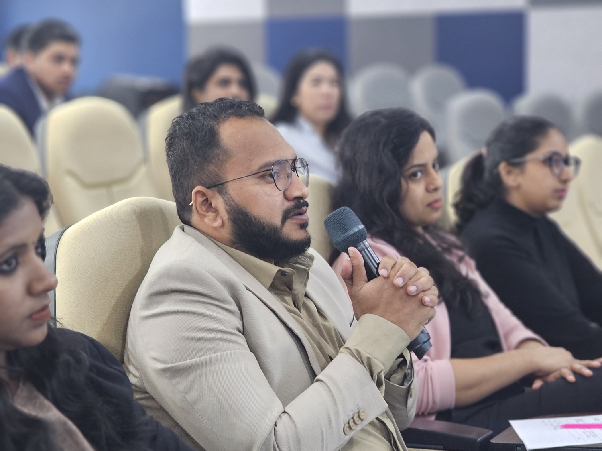


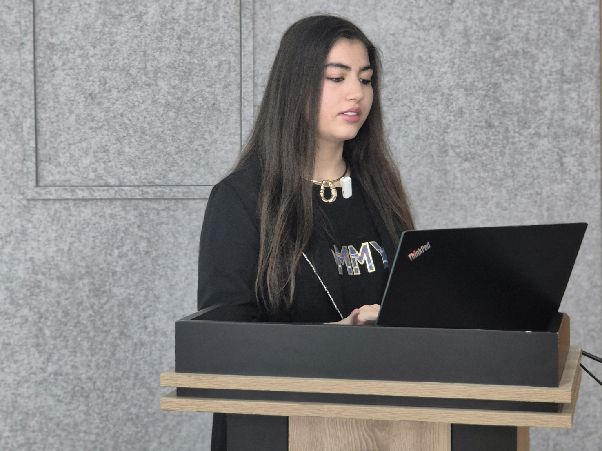
Students presented a wide range of business ideas. Each pitch included detailed financial plans, start-up costs, profit projections, marketing and sales strategies, and customer acquisition and retention models. Their thorough understanding of business operations and data analytics impressed the sharks, leading to engaging discussions and real-time investment offers.
One of the standout features was how confidently students justified their business valuations and negotiated equity shares with the sharks. They tackled tough questions with professionalism and clarity, demonstrating both subject knowledge and interpersonal skills.
This hands-on learning experience is a perfect example of how Regent Middle East prepares students for the real world—empowering them with practical exposure, critical thinking, and entrepreneurial mind-set. Events like these are integral to our teaching approach, helping students develop not just ideas, but the skills to bring them to life.
